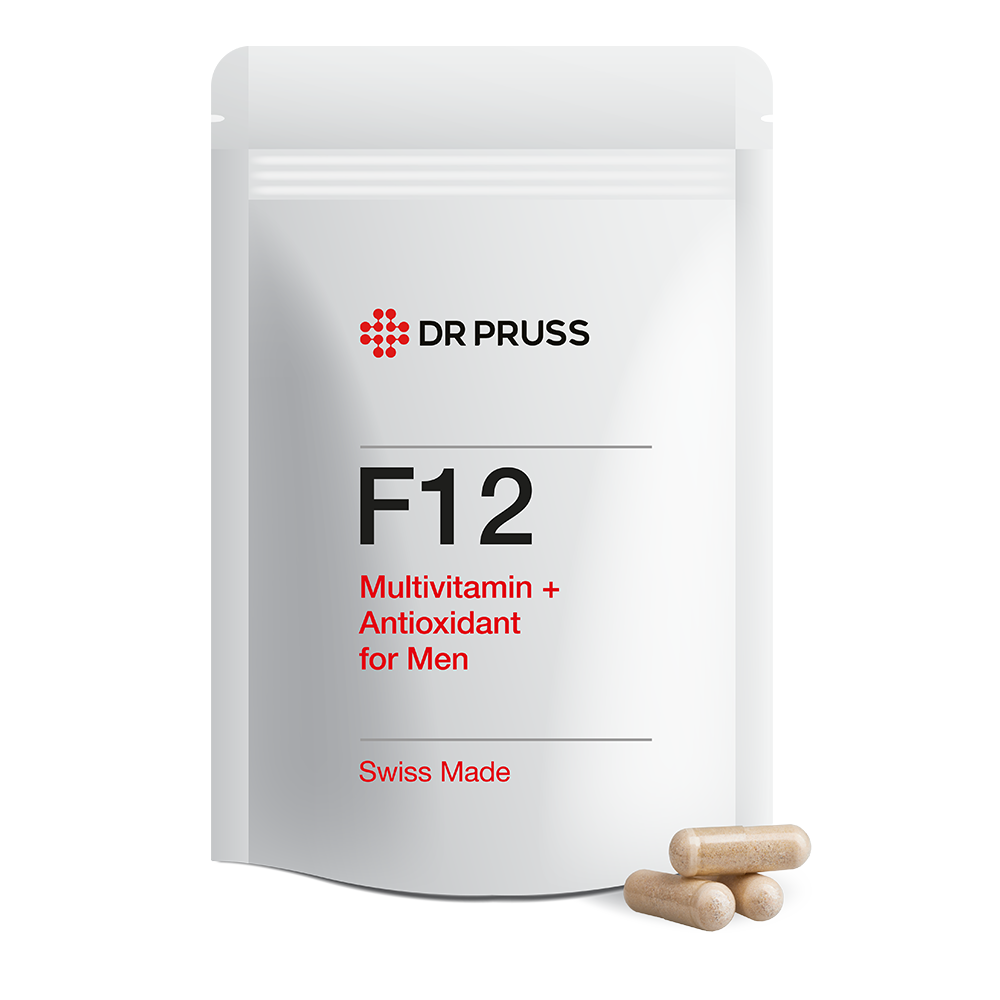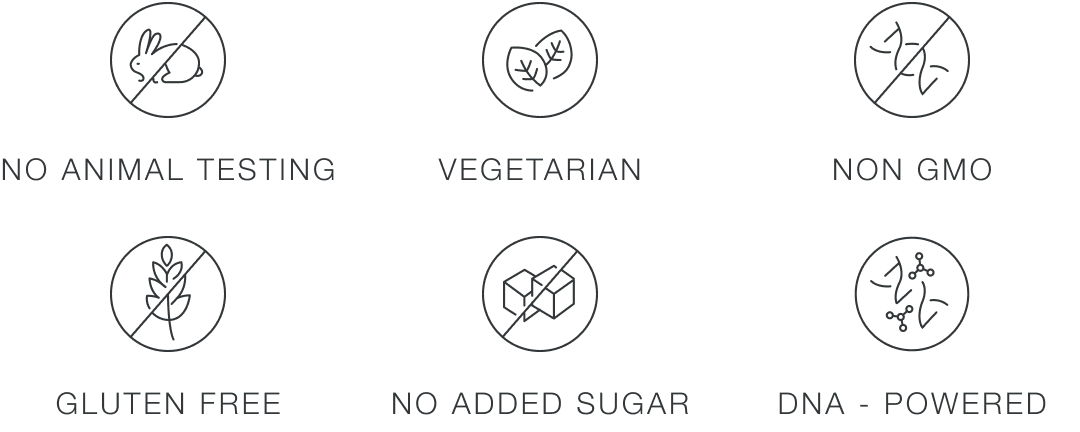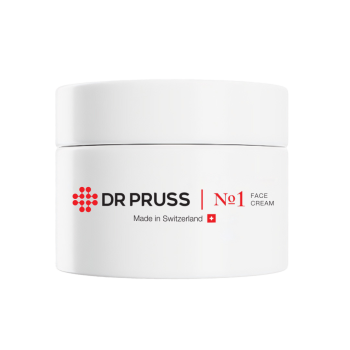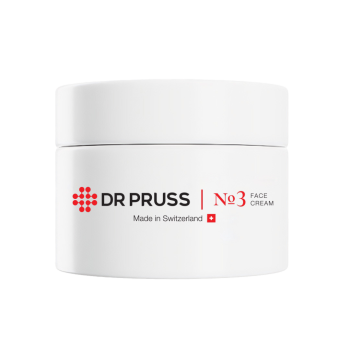F12 Multivitamine + Antioxidant pour hommes
“Tous les essentiels”
- Rééquilibrant
- Soutenant
- Préventif
Nourrissez vos voies biochimiques avec une dose saine de vitamines, de minéraux et de micronutriments de haute qualité. Cette combinaison d’ingrédients soigneusement élaborée garantit les bonnes puissances et une absorption maximale.
CHF 45.00 – CHF 121.00
Rejoindre la liste d'attente
Nous vous informerons lorsque le produit sera en stock. Veuillez laisser votre adresse e-mail valide ci-dessous.






